
Headaches are common in children, but not all headaches are the same. This article offers a review of triggers and treatments.

Headaches are common in children, but not all headaches are the same. This article offers a review of triggers and treatments.

Telemedicine has been shown to be an effective way to provide care. A study examines its efficacy in managing epilepsy.

Headache following concussion is not unusual, but could the type help indicate which cases may be prolonged?
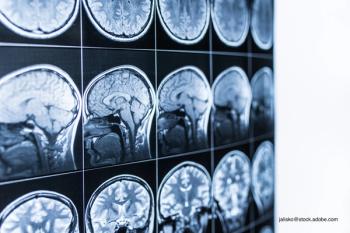
Coronavirus disease 2019 (COVID-19) is more than a disease that attacks the respiratory system. An investigation examines the neurologic involvement during COVID-19.

Previous research has shown that type 1 diabetes can impact the brain. A study examines whether this impact can persist or even worsen.
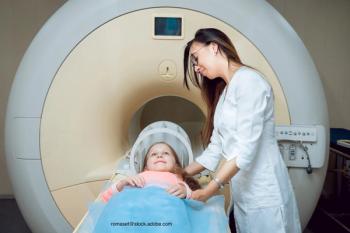
An investigation looks at the neurological manifestations of COVID-19.

How well do children recover from a concussion? A report offers some answers.

A report examines how parental symptom reports could impact medication needs to children with severe neurological impairment.

The FDA approves Xeomin (incobotulinumtoxinA) for chronic sialorrhea in children.
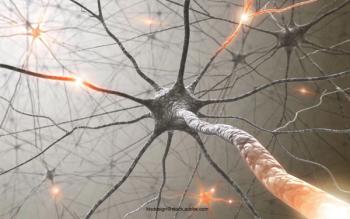
A 12-year-old previously healthy male was transferred to a children's hospital from a psychiatric unit for new onset psychosis and an abnormal electroencephalogram. What's the diagnosis?

A new investigation reports on the long-term effect of lead exposure found in brain imaging of midlife adults.

Over the past couple of decades, the recovery process for concussions have changed. A report looks at what factors could impact a pediatric patient’s recovery process.

An investigation looks at whether prenatal exposure to antiepileptics such as valproate are linked to risk of intellectual disability.

Household poverty has been linked to suboptimal outcomes. A report investigates how neighborhood-level poverty impacts the brain of a minor.

A study examines whether examining presymptoms can help clinicians find the cause of transient loss of consciousness.

Headache may be one of the most recognizable health concerns, but managing it may not always be clear. A presentation at the virtual 2020 American Academy of Pediatrics National Conference & Exhibition offers a tiered approach to aid in management.
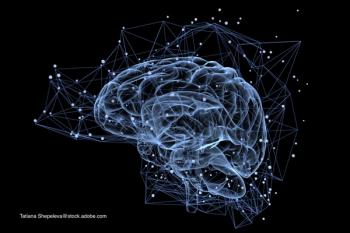
Adverse experiences in childhood can have lifelong consequences. An investigation looks into how they could impact neural development.
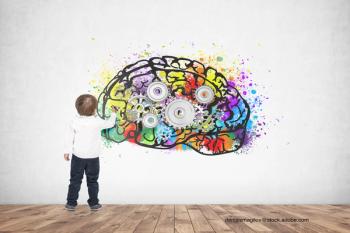
Previous research has shown adverse neuropsychiatric outcomes among infants who are born preterm and postterm. An investigation examines the outcomes of children born at term.

A new study examines the efficacy of the toxin for migraine treatment in pediatrics.

Diagnosing neonatal seizures can be complicated and difficult. Could an algorithm help? An investigation examines.
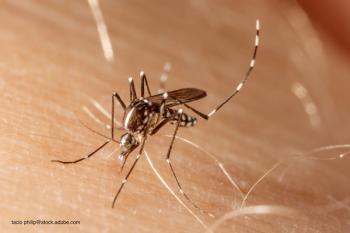
Parents of newborns who had been exposed to Zika virus in utero may have breathed a sigh of relief when their child was born with normocephaly. An investigation finds that adverse outcomes occurred even in children with normal head size.
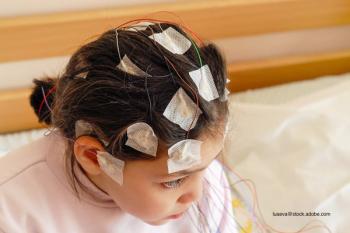
The US Food and Drug Administration (FDA) approves Fintepla (fenfluramine) through Priority Review.

Dizziness and sleep problems occur after concussions in young kids

Available data cannot claim benefits of one medication over another for pediatric migraine, but evidence supports treatment of some kind to reduce frequency and severity.
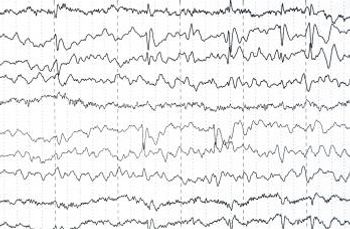
Many hospitals see pediatric patients who present with seizures in the emergency department, but a majority of cases that require admission are transferred to other facilities.